Leverage your strengths
Since the beginning of 2025, Ho Chi Minh City National University has opened 3 inter-university majors (Digital Agricultural Technology, Digital Agricultural Business, Land Economics ), jointly implemented by member schools.
The Digital Agricultural Business major is chaired by An Giang University in collaboration with the University of Economics and Law, lasting 4 years and including 136 credits. The University of Economics and Law is responsible for 31 credits (accounting for 22.8%), focusing on training in management, commercialization and agricultural business on a digital technology platform. Graduates will receive a Bachelor's degree in Digital Agriculture Business, and can work at management agencies, high-tech agricultural enterprises, consulting organizations or start-ups in the field of digital agriculture.
In addition to the Digital Agricultural Business major, Ho Chi Minh City National University also offers the Digital Agricultural Technology major under the inter-university model between An Giang University and the University of Information Technology. This major has a 4-year training period, including 136 credits, designed in accordance with the Vietnamese National Qualifications Framework and current training standards.
In this program, the University of Information Technology undertakes about 20% of the total course load, focusing on subjects on digital, programming, artificial intelligence, sensors and agricultural data. The combination of agricultural expertise and information technology aims to help students be able to apply modern technologies such as IoT, AI, big data to smart agricultural production.
Upon completion of the program, students will be awarded a Bachelor's degree in Digital Agricultural Technology and can work in high-tech agricultural enterprises, research organizations, agricultural management agencies or start-ups in the field of digital transformation in agriculture.
Besides the agricultural sector, Ho Chi Minh City National University pioneered in opening the Land Economics major, an inter-university program chaired by the University of Natural Sciences, in coordination with the University of Economics and Law.
The program includes courses in the fields of Land Management, Real Estate, Economics, and a number of specialized subjects designed specifically for the field of land economics. The program's goal is to train a team of bachelors who can work effectively in state management agencies, real estate enterprises, banks, consulting companies, or start-up innovative models in the field of land and resources.
To date, Ho Chi Minh City National University has implemented 4 interdisciplinary training programs. Previously, the Korean Business and Commerce program was launched in 2024, jointly taught by the University of Social Sciences and Humanities and the University of Economics and Law, and was implemented quite successfully.
MSc. Cu Xuan Tien - Head of Admissions and Student Affairs Department, University of Economics and Law (VNU-HCM), commented that developing inter-university training programs brings two clear benefits.
Firstly, this is a way to effectively utilize the professional strengths of each member unit in the Ho Chi Minh City National University system. For example, An Giang University has an advantage in agricultural training, while the University of Economics and Law is outstanding in the fields of business, administration and law. When combined, the schools not only promote their deep expertise, but also build in-depth integrated training programs that meet practical requirements.
Second, interdisciplinary majors such as Digital Agribusiness and Land Economics help students develop integrated thinking and multidisciplinary skills, which are especially important in the context of digital transformation and global integration trends.
In the context of the labor market rapidly shifting towards technology and multidisciplinary integration, new interdisciplinary and inter-school majors are the answer to the need to develop high-quality human resources, ready to adapt to the new era. "This is an inevitable direction if we want to train global citizens, capable of solving problems creatively and comprehensively in the digital age," emphasized Master Cu Xuan Tien.
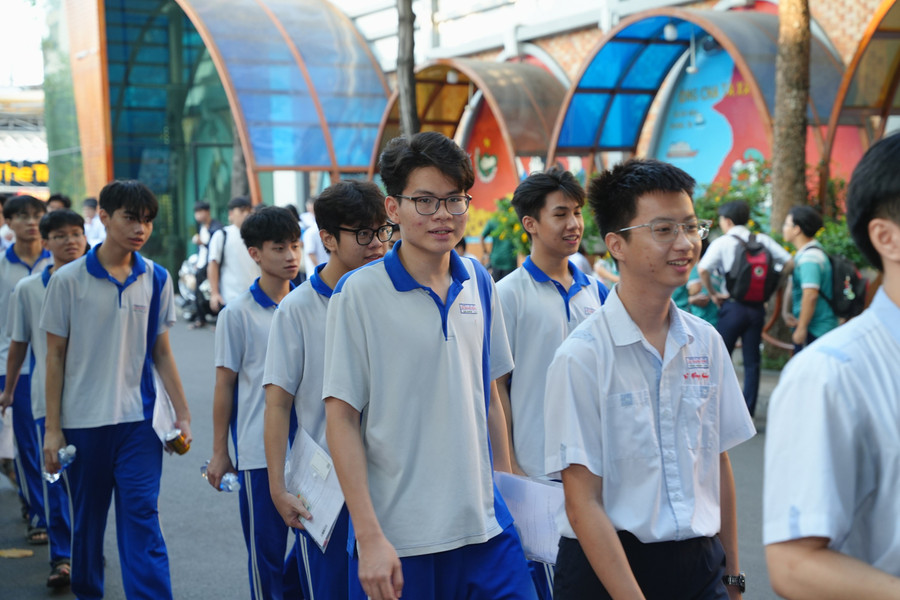
Blurring the lines between disciplines
According to education experts, in the context of the digital era 4.0 and super smart 5.0, the boundaries between disciplines are gradually blurring, requiring learners to have in-depth knowledge combined with multidisciplinary knowledge to solve comprehensive problems. Grasping this trend, a series of universities have built interdisciplinary and transdisciplinary training programs, focusing especially on linking expertise with technology.
At the University of Economics Ho Chi Minh City, new training programs are designed with a blend of traditional expertise and modern technology. Students do not only study economics, management or communication, but also have access to technology in each field.
Outstanding programs such as Fintech (Finance - Technology), Martech (Marketing - Technology), Logtech (Logistics - Technology), Biztech (Business - Technology), Architecture and Smart Cities, Data Analytics, Robotics and Artificial Intelligence... not only reflect trends, but also open up diverse career opportunities in the digital labor market.
Another interesting approach comes from Ho Chi Minh City University of Industry and Trade (HUIT) with the combination of the school's traditional, strong field of Food Technology with the field of management and economics. For example, Food Business Administration is a major that intersects food science, processing technology and modern business thinking.
Ms. Nguyen Thi Ngoc Thuy - lecturer of the Faculty of Food Technology (HUIT) said about this industry: "We train managers who understand the process from production to consumption, and at the same time grasp trends such as green food, smart food and sustainable consumption".
The curriculum is built according to international standards (USA, Canada, UK, Singapore), integrating subjects on food law, logistics, product development, along with foreign language and information technology skills.
In HUIT's training system, Seafood Processing Technology is another example of interdisciplinary. According to MSc. Pham Thai Son - Director of the Admissions and Communications Center (HUIT), this major is in the Faculty of Food Technology with the majors of Food Technology, Food Quality and Safety Assurance, and Food Business Administration.
The Seafood Processing Technology industry can be seen as a combination of food technology knowledge and seafood processing. This industry requires highly skilled human resources, innovative thinking, and readiness to apply technology to the processing, preservation and transportation processes, in order to increase the added value of the products.
According to experts, with interdisciplinary programs at universities, the ratio between basic and specialized knowledge is scientifically balanced (30% - 70%), while focusing on technology application skills. Not only training for employment, the programs aim to form comprehensive problem-solving thinking for learners.
Tran Bao Long - a former student of Food Business Administration, Ho Chi Minh City University of Industry and Trade, currently working in a clean food chain, shares the effectiveness of the interdisciplinary training model: "Before, I thought I studied this major to trade in food. But the more I studied, the more I realized that I was participating in an ecosystem connecting products, consumers and green living values. Knowledge of supply chains and food laws helps me confidently work with large partners."
Source: https://Giaoducthoidai.vn/dot-pha-dao-tao-voi-lien-truong-lien-nganh-post738830.html








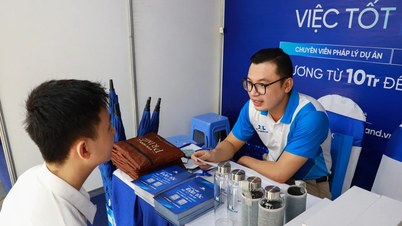
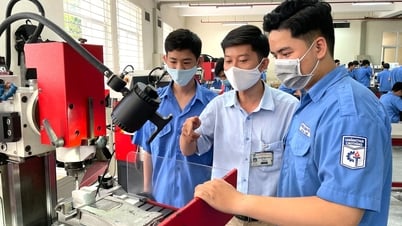

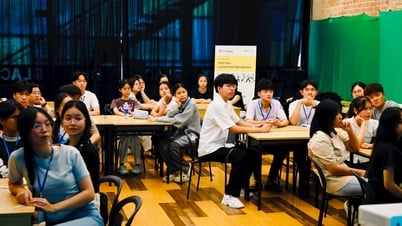





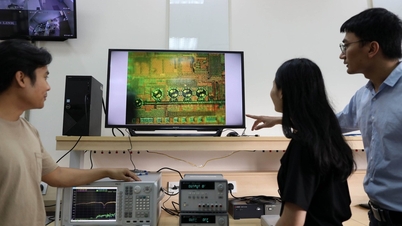


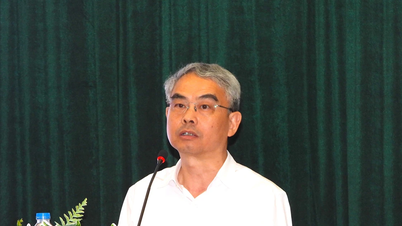
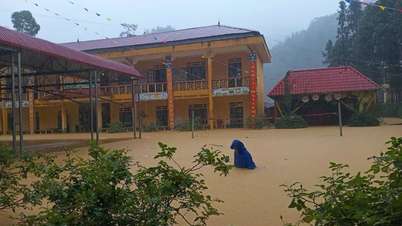
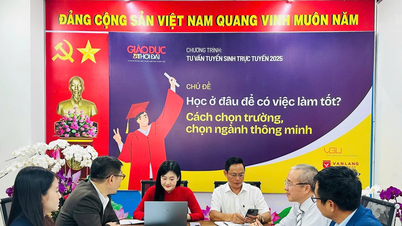
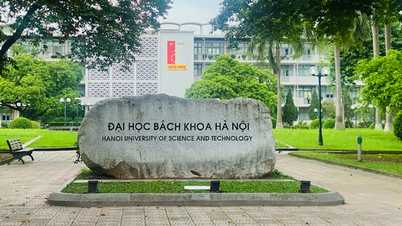





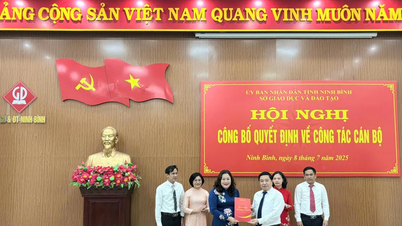
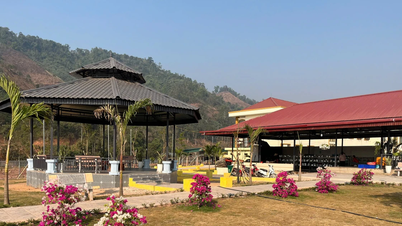
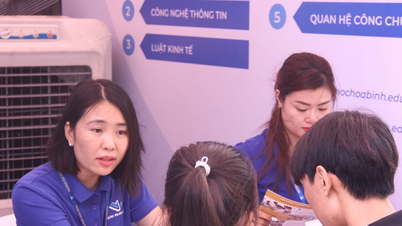

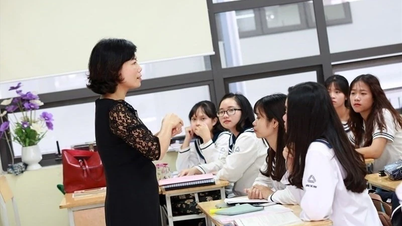




































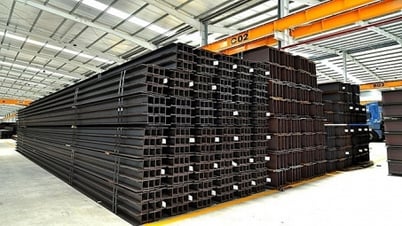


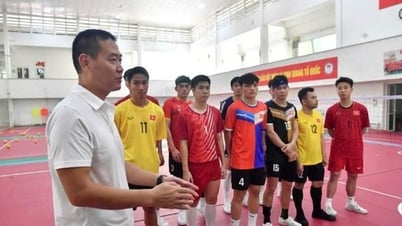

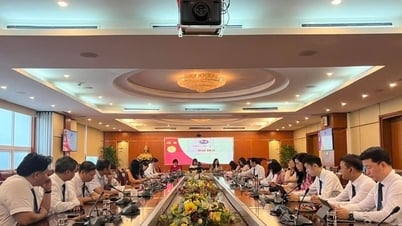

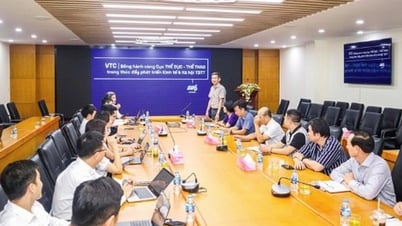

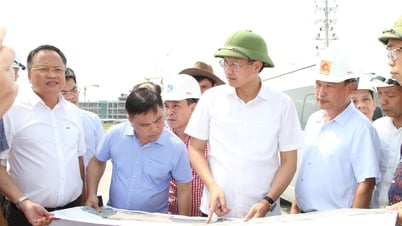

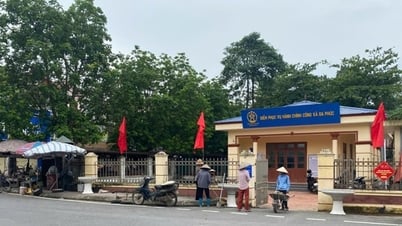

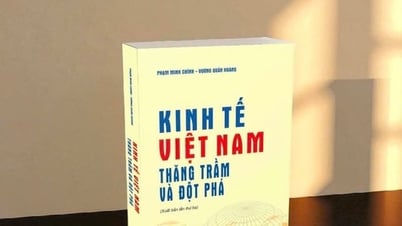
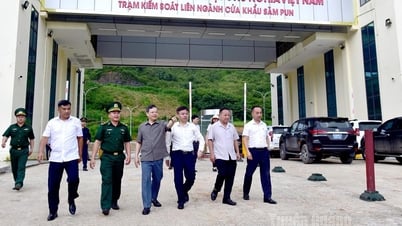

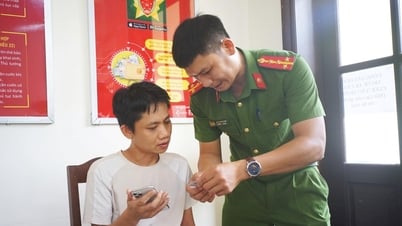

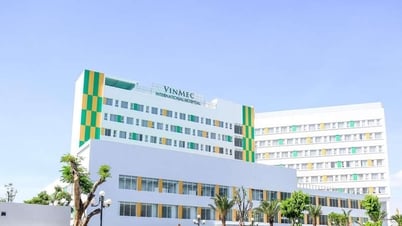










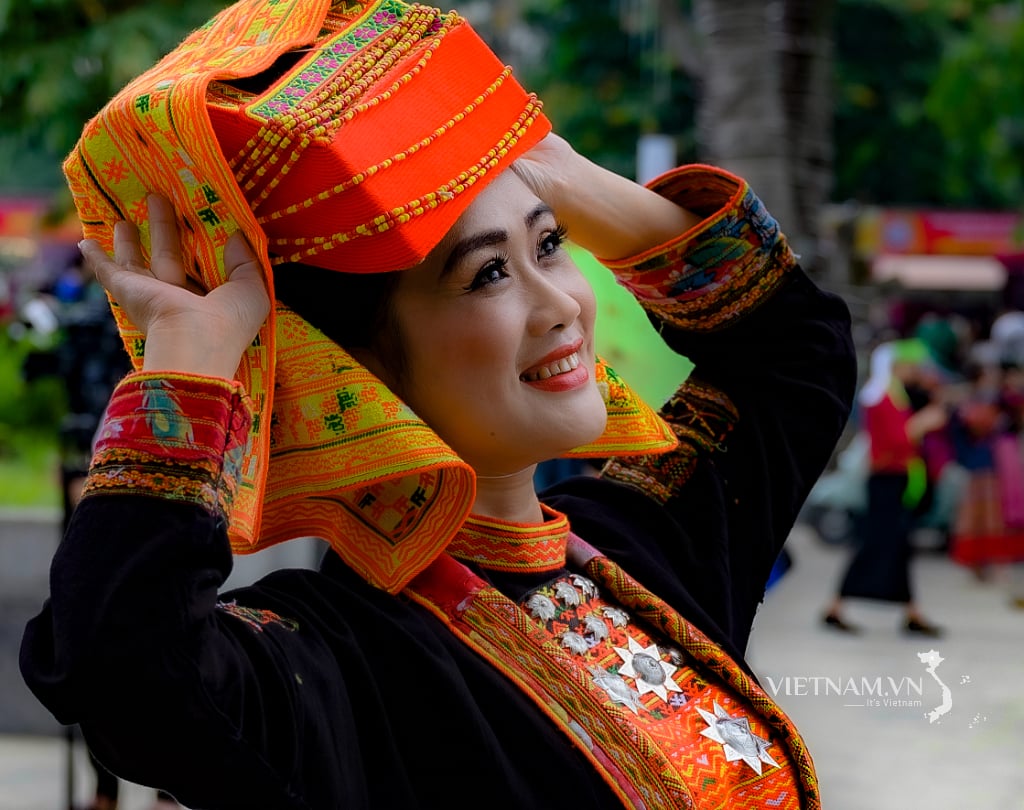

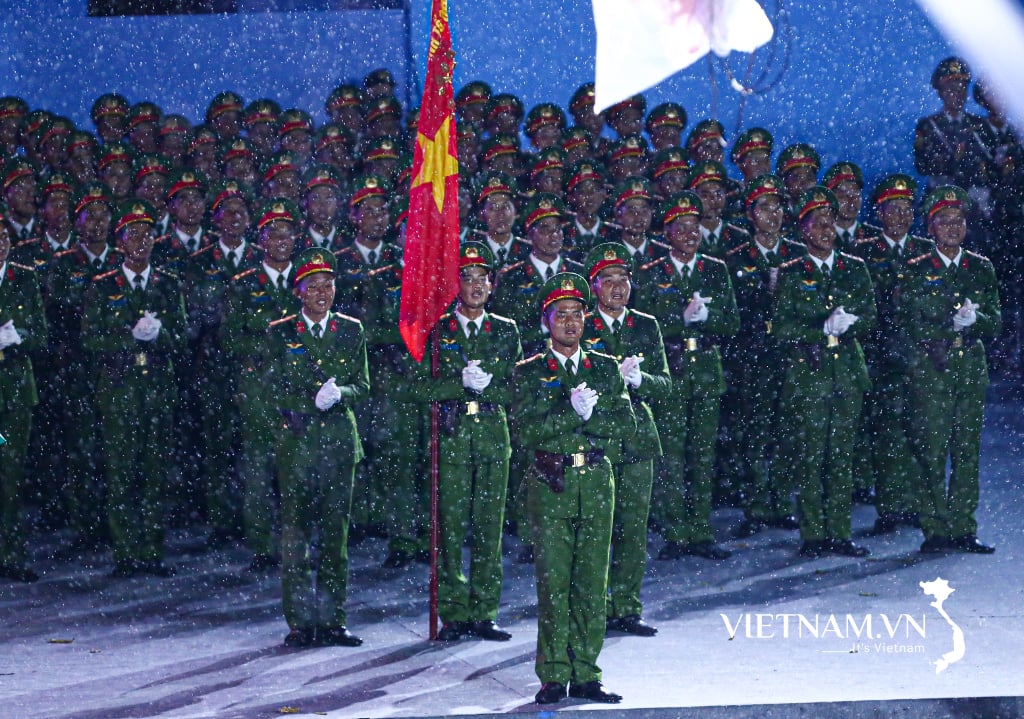
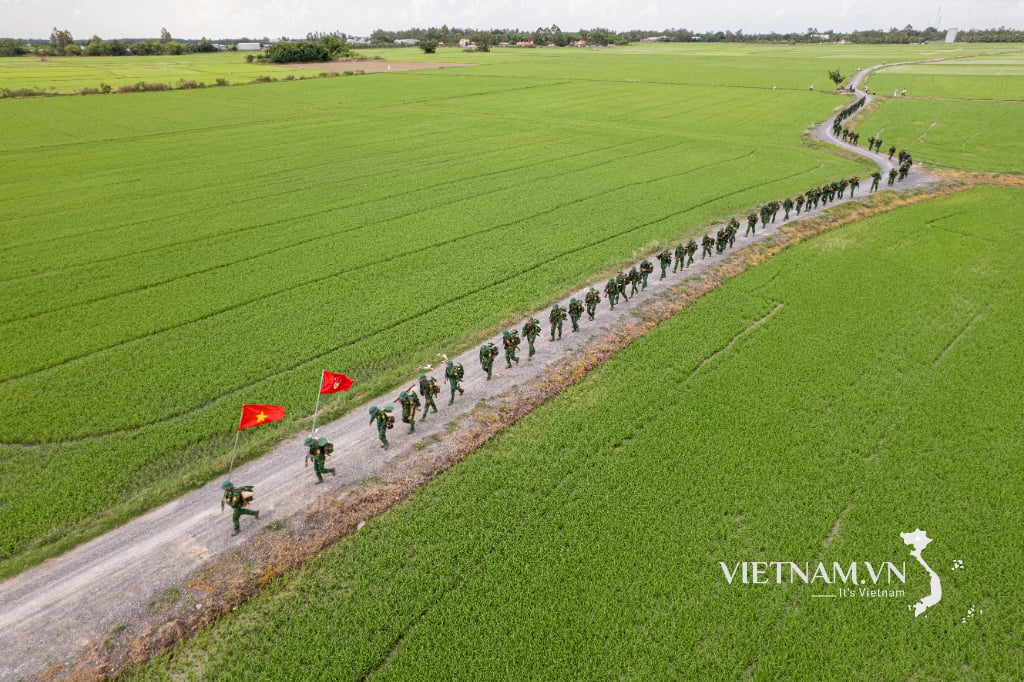
Comment (0)